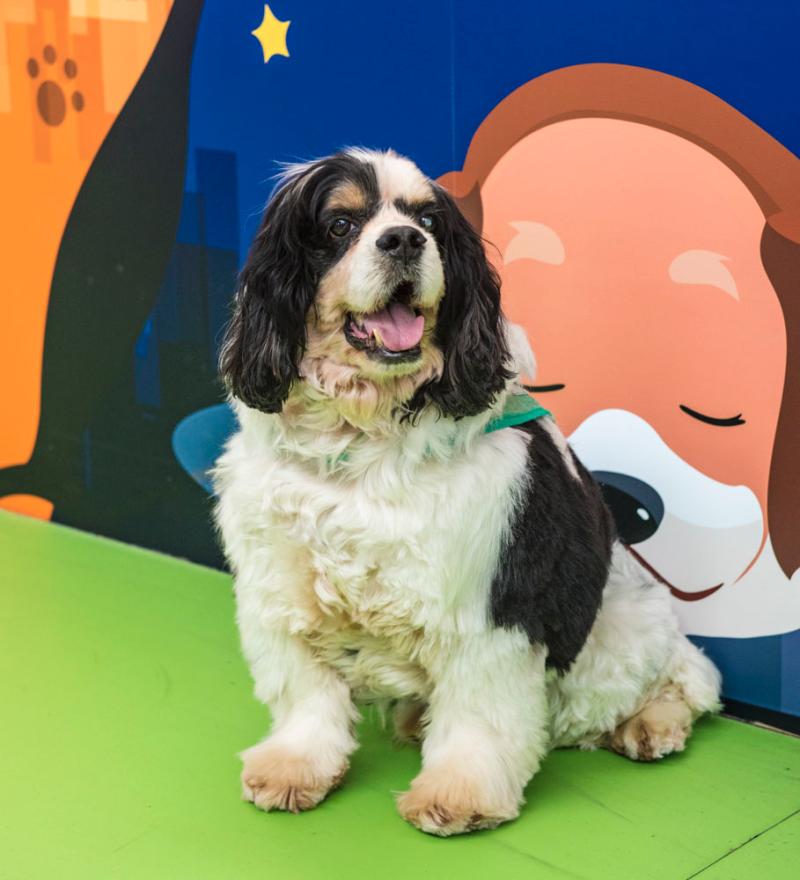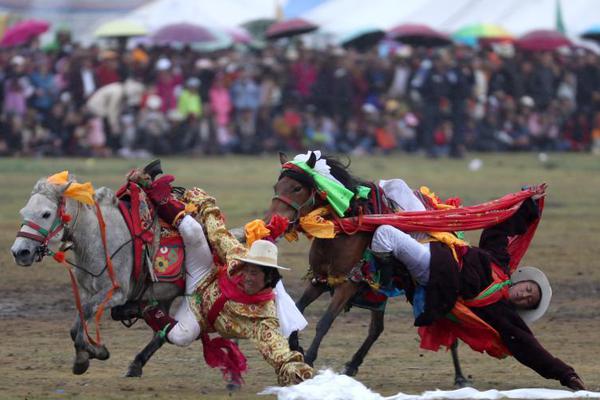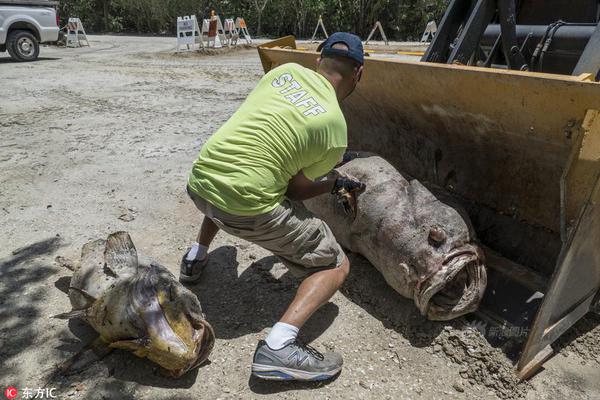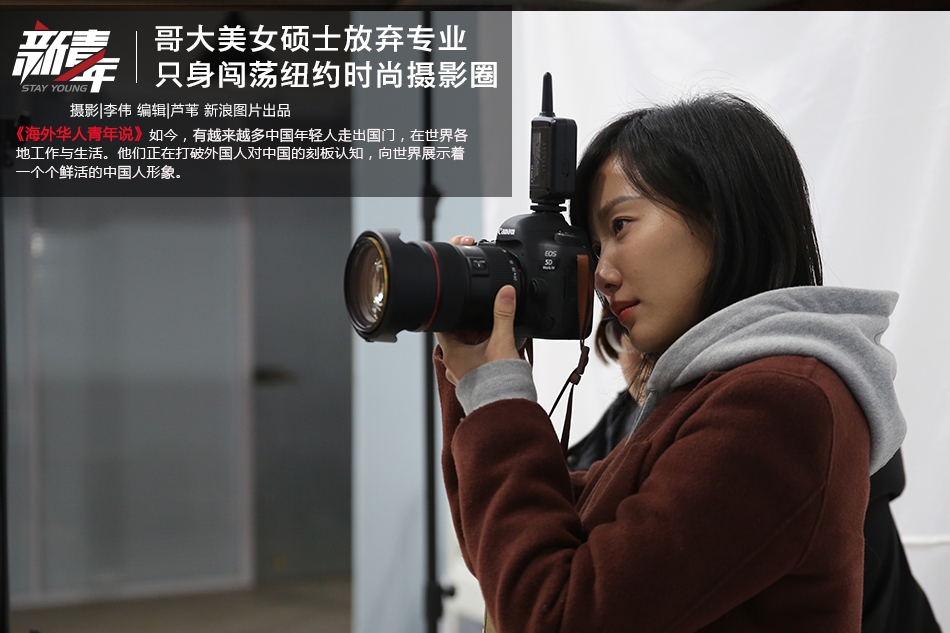The Watch The Butcher, the Chef, and the Swordsman OnlineiPhone X has a weakness for identical twins.
It can’t really tell the difference.
It's the first Apple device to include Face ID, a face-mapping technology that can be used unlock the phone, verify Apple Pay, and essentially replaces the fingerprint scanner (or Touch ID).
SEE ALSO: And it's gone: iPhone X pre-orders now ship in DecemberOn the face of things, this trade-off makes perfect sense. Apple’s Face ID, according to the company, is more secure than Touch ID. Face ID has a 1-in-1 million false acceptance rate (or identifying someone else as you), as opposed to Touch ID, which has a 1-in-50,000 false acceptance rate.
Apple’s Face ID also proved to be, in my tests, a powerful and consistent hands-free iPhone unlocking strategy. It was very good at recognizing me, even when I wore a hat or a wig.
When Apple unveiled Face ID in September, it did warn, however, that its 1-in-1 million false acceptance rate might be somewhat lower if presented with two people with very similar DNA. In other words, siblings or identical twins gave the system problems.
There are no good numbers for exactly how many identical twins there are in the world, just an oft-trotted out statistic that 32 out of every 1,000 people is a twin. Even as multiple birth numbers rise, the numbers for identical twins are likely lower.
Based on those sketchy stats, maybe it would’ve been unwise for Apple to design Face ID to beat the twin test. Even so, some of us know enough identical twins (I’m looking at you Property Brothers) to wonder if the iPhone X’s Face ID technology would work for them.
At Mashable, we’re blessed with access to two sets of identical twins. Each agreed to bring in his twin, sit with us, and put Face ID to the test.
Both twin sets are brothers: MJ Franklin and his brother Marc, and Carlos Cadorniga and his brother Alex. Each twin set shared how they often confuse friends and family -- I still have trouble telling one set apart. Could the iPhone X's Face ID tell the difference?
To test Face ID’s Twin-ID-ing capabilities, we had one brother register his face on the iPhone X, verify that he could unlock the phone by looking at it and then hand the locked device to his identical twin brother.
 Original image has been replaced. Credit: Mashable
Original image has been replaced. Credit: Mashable With both sets of twins, the other twin unlocked the iPhone X, even though neither one had registered his face with Face ID on the iPhone X. With the Franklin twins, we had both brothers remove their glasses and had the other brother register. Again, Face ID failed to tell the difference.
Look, Apple never claimed Face ID was perfect and, in my tests, it could not be fooled by photos or videos of my registered face. Still, these results do not bode well for all the identical twins out there, to say nothing of triplets and quintuplets. This is, by the way, a test Microsoft says its Windows Hello Facial recognition technology reportedly didn’t fail.
Since Face ID is backed by powerful silicon and algorithms -- it even learns how your face changes over time -- we can only hope that Apple will continue to strengthen Face ID’s twin-discerning capabilities. In the meantime, identical twins will probably be using a passcode on the iPhone X.
Topics Apple iPhone
(Editor: {typename type="name"/})
 Best soundbar deal: Save $300 on the Sonos Arc
Best soundbar deal: Save $300 on the Sonos Arc
 Things we wish our pets could say
Things we wish our pets could say
 How to functionally abandon email
How to functionally abandon email
 Vin Diesel laser cut out of ham and cheese is a sandwich masterpiece
Vin Diesel laser cut out of ham and cheese is a sandwich masterpiece
Best robot vacuum deal: Eufy Omni C20 robot vacuum and mop at record
 SAVE $300: As of May 6, get the Eufy Omni C20 robot vacuum and mop for $399.99 at Amazon. That's a d
...[Details]
SAVE $300: As of May 6, get the Eufy Omni C20 robot vacuum and mop for $399.99 at Amazon. That's a d
...[Details]
Disney+ announces lineup of a variety of unscripted series
 Disney+ is plumping up its offerings with a handful of upcoming unscripted shows, Disney announced w
...[Details]
Disney+ is plumping up its offerings with a handful of upcoming unscripted shows, Disney announced w
...[Details]
Apple rumored to release a stack of new gadgets in 2020. Here's what we know.
 We know from multiple reports that Apple is planning to launch an affordable, 4.7-inch smartphone, l
...[Details]
We know from multiple reports that Apple is planning to launch an affordable, 4.7-inch smartphone, l
...[Details]
J.K. Rowling has some heartfelt, uplifting advice for budding writers
 It seems almost incredible now, but few people remember that J.K. Rowling received loads of rejectio
...[Details]
It seems almost incredible now, but few people remember that J.K. Rowling received loads of rejectio
...[Details]
 Alienated
...[Details]
Alienated
...[Details]
Apple rumored to release a stack of new gadgets in 2020. Here's what we know.
 We know from multiple reports that Apple is planning to launch an affordable, 4.7-inch smartphone, l
...[Details]
We know from multiple reports that Apple is planning to launch an affordable, 4.7-inch smartphone, l
...[Details]
Facebook founder Mark Zuckerberg doesn't need to be 'liked'
 Mark Zuckerberg, founder of the company that invented the like button, says his goal isn't to be lik
...[Details]
Mark Zuckerberg, founder of the company that invented the like button, says his goal isn't to be lik
...[Details]
Finally, scooters that shame you for riding on the sidewalk
 Even if it doesn't feel safe to ride electric scooters in the street, that doesn't mean you can terr
...[Details]
Even if it doesn't feel safe to ride electric scooters in the street, that doesn't mean you can terr
...[Details]
Best Garmin deal: Save over $100 on Garmin Forerunner 955
 SAVE OVER $100:As of May 14, the Garmin Forerunner 955 is on sale for $373.07 at Amazon. That's a sa
...[Details]
SAVE OVER $100:As of May 14, the Garmin Forerunner 955 is on sale for $373.07 at Amazon. That's a sa
...[Details]
Sheryl Sandberg's #20PercentCounts is your new Equal Pay mantra
 Maybe it comes as a shocker, or not, but on average, in America? Women are paid 20 percent less than
...[Details]
Maybe it comes as a shocker, or not, but on average, in America? Women are paid 20 percent less than
...[Details]
Q&A with tendercare founder and CEO Shauna Sweeney

I made an exact replica of Donald Trump in 'The Sims 3' and a lot of wild things happened

接受PR>=1、BR>=1,流量相当,内容相关类链接。